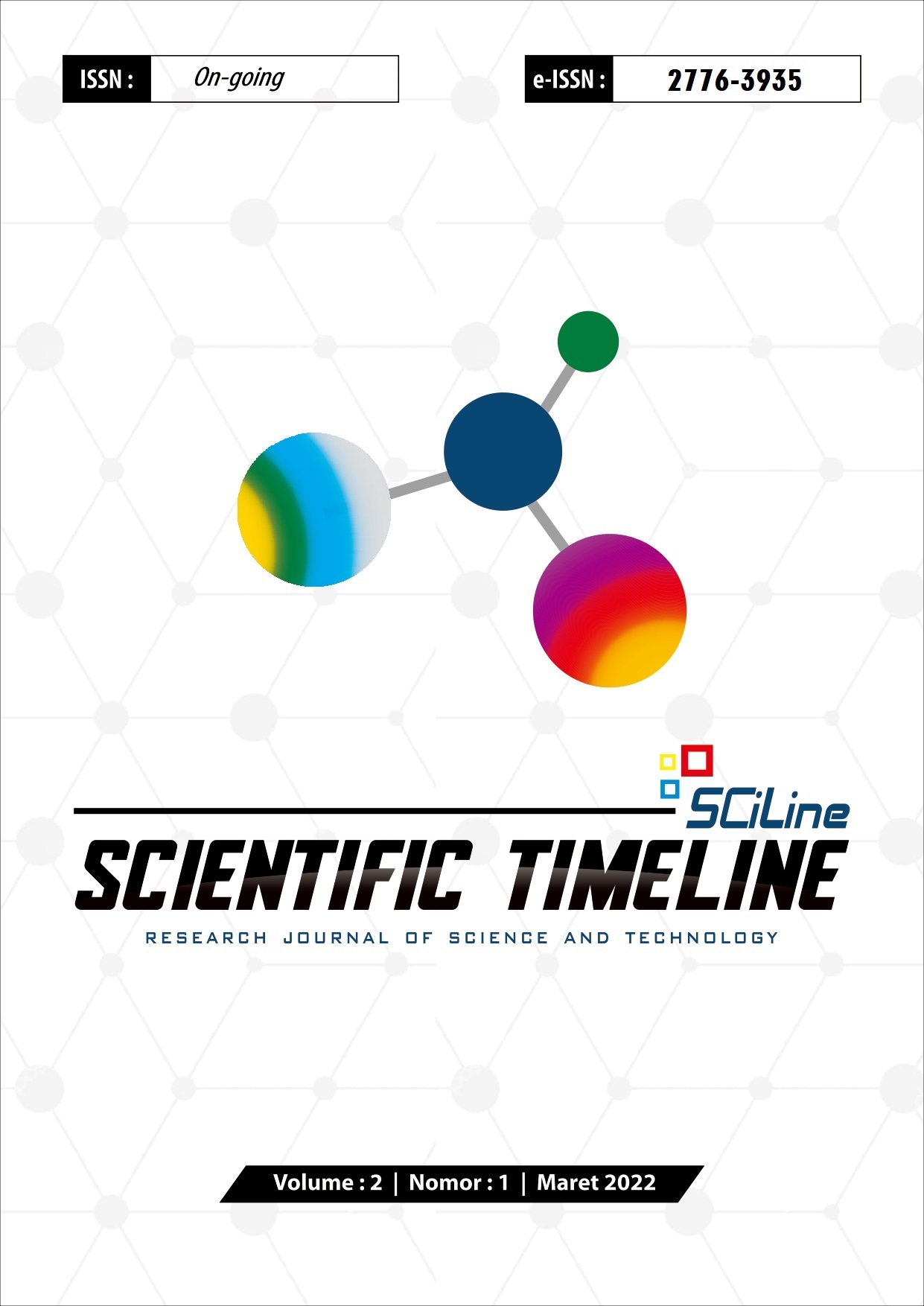PERBAIKAN MUTU HASIL BIBIT BAWANG MERAH ASAL BENIH DENGAN PERLAKUAN KOMPOS GERGAJIAN KAYU DAN PUPUK KIMIA PABRIKAN
Abstract
Sengon wood sawdust compost that is given a bioactivator can be a solution for the low production of shallots in Indonesia. By doing this research, it is hoped that information can be obtained regarding the effect of compost, chemical fertilizer manufacturers and the effect of the combination treatment of the two fertilizers on the growth, yield, and quality of shallots. The research method used was RAKL with 2 factors, namely the application of sawn compost of sengon wood (P2) Monodon [0,2 ml/l]; (P5) Monodon+Stardec [0.2 ml/l+3.8 g/l]; (P6) EM4+Monodon+Stardec [36 ml/l+0.2 ml/l+3.8 g/l]; and application of doses of Urea, ZA, SP36 and KCl (T0) 150, 150, 120, 150 kg/ha, respectively; (T1) 359, 359, 511, 115 kg/ha; (T2) 269, 269, 383, 86 kg/ha; (T3) 179, 179, 255, 57 kg/ha. The results of the study explained that the variable number of leaves had no significant effect on the treatment of compost, chemical fertilizers or their combination. Plant height and tuber hardness significantly affected the chemical fertilizer treatment (T2), respectively 37.56 cm/plant and 3.82 g/cm2. The weight of dry tubers significantly affected the compost treatment (P5), each of which was 29.42; 17.46; 21.71 and 16.11 g/plant. Observation of the quality of shallot yields, tuber diameter of all treatments included in quality I. tuber moisture content of all treatments did not fall into the quality category. Observation of the results of FTIR analysis, for (P6), (T3) and (P6T3), respectively (274 and 464 ppm), (340 and 575 ppm), (371 and 628 ppm).








